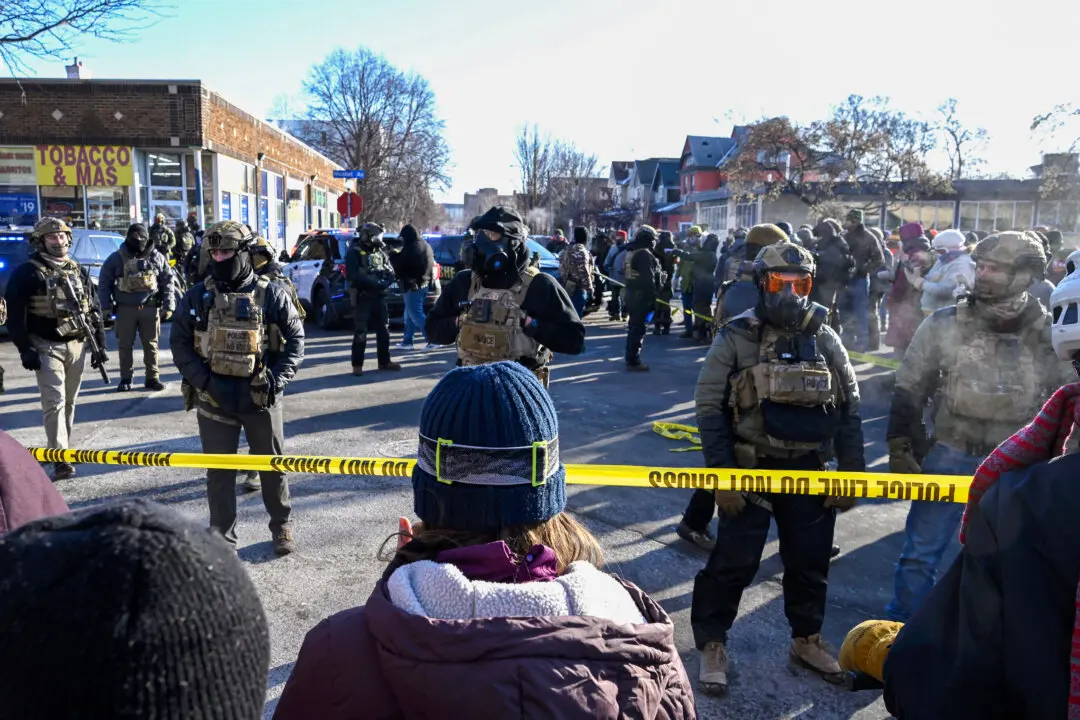On Sept. 19, the council rejected a resolution put forward by South Korea, which currently holds the rotating presidency of the 15-member body.
The measure was voted down by nine members.
Four countries, including China, Russia, Pakistan, and Algeria, backed the resolution.
The decision activates the “snapback” mechanism, under which all U.N. sanctions that were in place prior to the 2015 Joint Comprehensive Plan of Action (JCPOA) will automatically be reinstated on Sept. 27 unless a new agreement is reached.
The action plan was intended to limit Iran’s nuclear activities in exchange for sanctions relief.
Restored sanctions would freeze Iranian assets abroad, impose an arms embargo, and restrict activities linked to ballistic missile development.
France, Germany, and the United Kingdom, collectively known as the E3, along with China and Russia, are signatories to the JCPOA.




